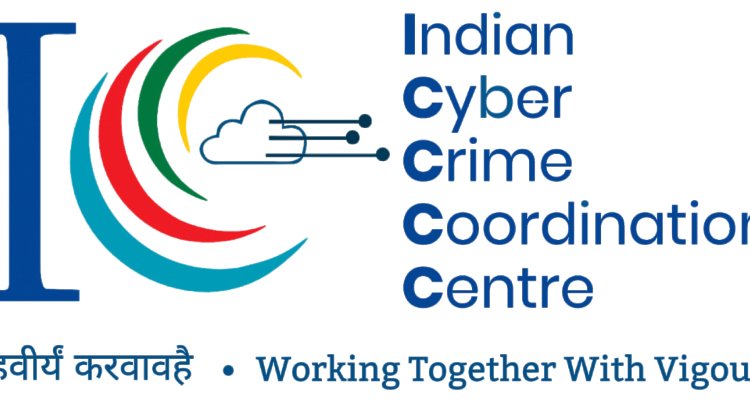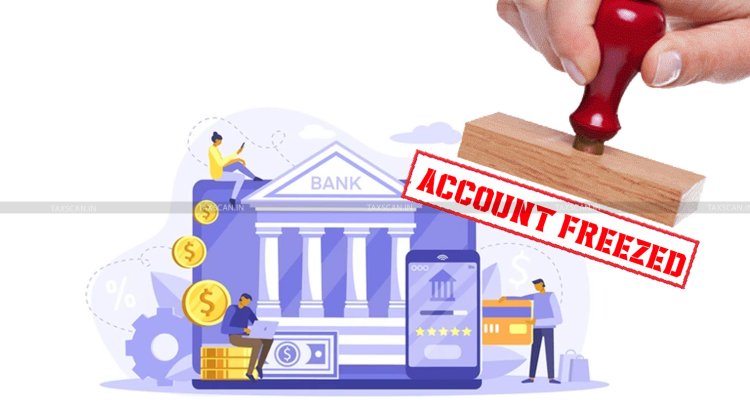PSYCHOLOGICAL ASPECTS OF CYBER FRAUD
Let's talk about the psychological technique that cybercriminals employ to commit the majority of their scams, which involves tricking us by making up an excuse. Similar to how a fisherman scares fish by putting bait on the hook in one spot and forcing them to flee to the opposite side of the net, the fishes are easily preyed upon out of fear or greed. The same is true for cybercriminals, who use their intelligence to trick us. Prior to capturing us, cybercriminals frequently research us on social media, meaning they have already gathered some information about us from a variety of sources.

Here it becomes important to understand which are the sources from where our information becomes public instead of being private.
Some of the major sources of open source are as
follows-----
Many details about us can be readily gathered by looking at the posts, images, and videos that we upload to social media sites like Facebook, Instagram, Twitter, and others. This is especially true if our profile is not secured or if someone has added us as a friend using a phoney account.
Cyberfraud Psychological Aspects of "Amateurs Hack System Professionals Hack People"
Both the website and the mobile app request authorisation to use cookies to access our location, phone number, gallery, and contact information whenever we download an app or do a search on a website. Once we grant access, these apps and websites can readily use and abuse our personal information.
Cybercriminals obtain information about different social media IDs linked to our numbers by searching for our mobile number on websites such as PhonePe, GooglePay, or Aadhar Card, or by reading open source intelligence reports.
We frequently enter our biodata when logging in to different job websites; cybercriminals then purchase and utilise this information.
When a phishing APK or link is sent to us on WhatsApp, we may click on it without realising it or, if auto-download is enabled in the settings, it will download automatically. Once fraudsters have permission to send and receive SMS messages and calls, among other things, they can easily obtain our private information.
Thus, in most cases, after collecting some information about us from somewhere, they contact us digitally. In the digital age, we often use
two mediums to indirectly connect with people.

First is through calls Second is messaging/social media ID
These platforms are also used by cybercriminals to commit fraud. We must use caution and vigilance while establishing communication via these channels.
These platforms are also used by cybercriminals to commit fraud. We must use caution and vigilance while establishing communication via these channels. This is only feasible if we are aware of the methods and justifications used by cybercriminals to deceive people. The calls we get are either VoIP calls or direct calls from telecom firms' lines.
can have both audio and video components. In contrast, message or social media IDs are used to express their opinions or to advertise themselves or their goods for their company. Cybercriminals can also easily trick individuals by making phoney websites or IDs, artificial intelligence (AI)-generated content, films, or by advertising phoney low-cost products and alluring deals via audio/video calls or messaging. We believe it rather readily.
The modus operandi
adopted by the
fraudster.........
The main one
among them is that
the thugs call people
and create
problems.......

We are trapped by creating fear, by luring us, by taking advantage of our emotions or by taking advantage of any of our digital help or needs and we transfer the money on our own without verification or consulting any of our friends or relatives.
FEAR
For many years, extortion has been a common way for cybercriminals to defraud individuals by instilling fear in them about various issues. Cybercriminals make a call. They are given some prior knowledge about the individuals' backgrounds. When they contact and introduce themselves as police officials or officers of other investigative agencies like as the CBI, ED, Vigilance, etc., they make accusations based on our age or career that make us question whether something went wrong.
In addition to the dread of the authorities, cybercriminals call pretending to be representatives of technical companies that we directly depend on for everyday necessities like gas connections, SIM cards, credit cards, banks, and Aadhar cards.

GREED
The second most common psychological attack is avarice, which cybercriminals employ in a variety of ways. Through calls or social media, they entice us with alluring offers that promote our desires, like enticing activities such as connecting to a Telegram community, evaluating companies in work from home, fabricating an ID, and investing with the promise of large gains. This is where the majority of people's money is going. A limited number of people are initially ensnared by the promise of higher trading returns, and subsequently more money is stolen by scammers using various justifications. promoting low-cost products on social media by using phoney IDs in an attempt to gain more likes and followers. During gambling, wagering and other alluring incentives
Asking for money by making different excuses like registration for job, interview etc. This is also a category of greed, where the opposite gender i.e. the desire of a woman to be friends with a man and a man to be friends with a woman also leads to fraud.
“TRUST NOTHING
VERIFY EVERYTHING”

EMOTIONS
The technique of emotional blackmail is also widely employed by cybercriminals. By making friends with you and winning your trust during phone calls—where money transfers are simple—they attempt to trap you. By using an acquaintance's name and artificial intelligence (AI) technology, they frequently call people and attempt to identify them as friends or family. The voice also sounds similar to our own. After we give him our trust, he tells us about various issues and demands money. We pay him money despite not adequately verifying since we are hesitant and respectful.
Thugs frequently make acquaintances by setting up phoney profiles on dating apps, social media, and marriage applications, then eventually extort money and emotionally blackmail us. Here, women's IDs are frequently used to snare males, while men are frequently trapped by women's IDs. During natural disasters, we frequently witness people requesting donations by using a celebrity's name on social media to request money be sent to a bank account or UPI ID.
Prevention- Keep your emotions under control and if someone contacts you online and demands money, do cross verification
i.e. get the mobile number through other means and verify it first.

NEED
As is well known, social media, the internet, and other technologies have ingrained themselves into our daily lives. Similar to our numerous physical demands, we too have several digital wants. The largest risk we face when we use the internet for any purpose is determining whether the website or person we are contacting is authentic or fraudulent. For all of our needs, cybercriminals have put up traps. For instance, when people made online reservations for cottages during Maha Kumbh, they had to fall victim to fraud.
Cybercriminals have produced fake websites with names that resemble those of numerous well-known businesses that consumers frequently visit to book hotels, get information, apply for a business franchise, purchase goods, and fall victim to fraud.
We frequently encounter the numbers of scammers when we look up customer service numbers on Google or websites for our purposes. We fall victim to their tactics and lose our money.
We are tricked into talking in some way when we post on social media to purchase or sell anything, and we lose money as a result.
Our data may be shared and money may be stolen in the name of the job if we receive technical assistance from unidentified sources or individuals. In addition, an account may be opened in our name using our ID, and a SIM card may be issued and used fraudulently.
By generating IDs on portals or programs designed for marriage or dating, people connect with members of their caste or any other form of group.
Fraudsters are also using these websites to create phoney identification documents. They use any private image or video as the basis for their conversations and emotional blackmail.

Prevention- Verify the website properly and get the customer care number from the authorized website of the concerned company only. Never share your privacy when you come in contact with people through dating apps and be cautious if money is demanded.
“So far we have come to know which psychology is being used to cause financial loss to us. Now we understand how people can be targeted through various social media IDs.”
Follow cyberdeepakyadav.com on
Facebook, Twitter, LinkedIn, Instagram, and YouTube
What's Your Reaction?























